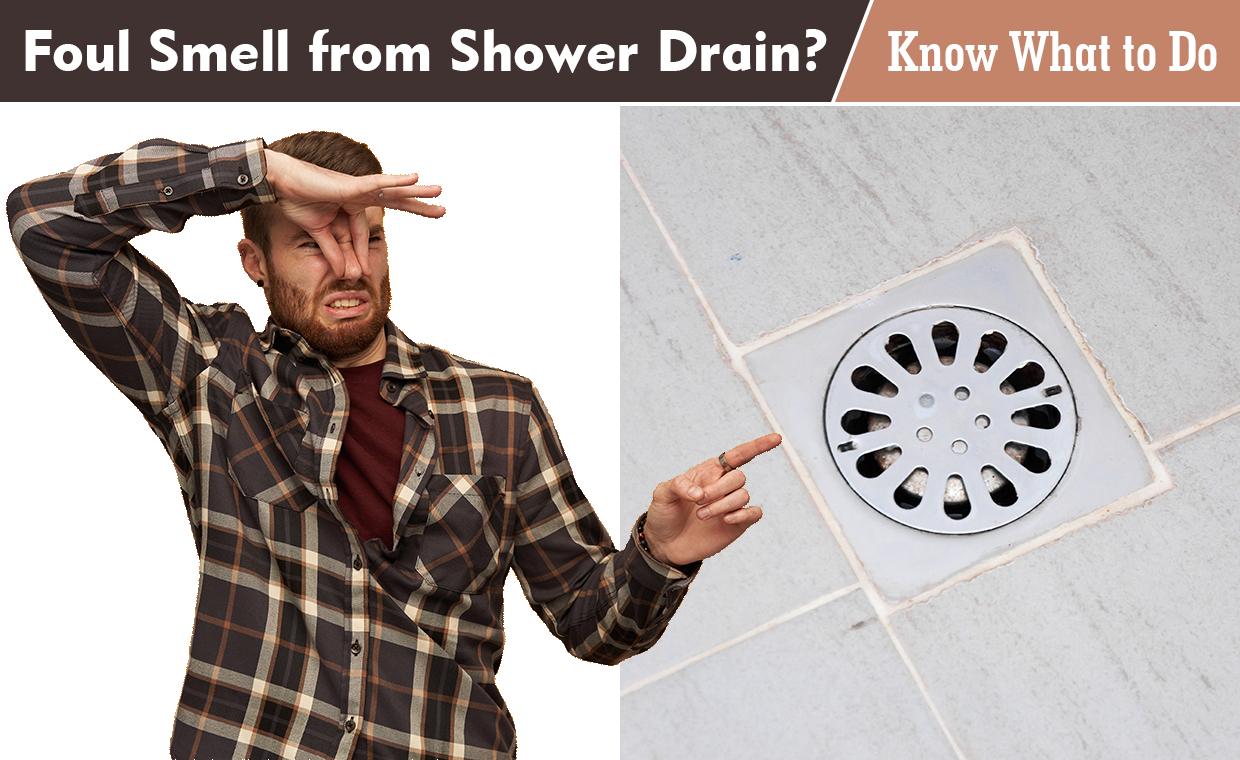views
Have you ever caught a whiff of something foul coming from your drains and wondered if something was seriously wrong? That unpleasant, rotten-egg smell is often your home’s way of telling you that your sewer line might be in trouble.
Sewer line issues aren’t just smelly—they can be hazardous to your health, damaging to your home, and costly if ignored. If you’re noticing persistent odors, slow drains, or unusual gurgling sounds, it's time to take action. For fast, professional help in the Deux-Montagnes area, trust Plombier Deux-Montagnes to get to the root of the problem before it turns into a disaster.
Let’s break down what those smells might mean and what you should do next.
🚽 1. The Smell of Sewer Gas Inside Your Home
If you’re smelling sulfur (like rotten eggs), it likely means sewer gases are leaking into your home. This shouldn’t happen—your plumbing system is designed to vent these gases safely outdoors.
Causes may include:
- Dried-out P-traps (especially in unused sinks or tubs)
- Cracked or broken drain pipes
- Faulty or blocked plumbing vents
- Loose or deteriorated toilet seals
🛠️ Quick Fix Tip: Run water into unused sinks weekly to refill the P-trap and seal out gas.
💧 2. Slow or Gurgling Drains
Your drains should carry water away quickly and quietly. If they're slow or you hear gurgling when using a sink, shower, or toilet, this could indicate a blockage in your sewer line.
What’s happening: Gas gets trapped behind clogs and releases bubbles as water flows past, causing the noise—and eventually, the smell.
🌲 3. Tree Root Intrusion
Tree roots are drawn to the moisture in your sewer lines. Over time, they can penetrate older or cracked pipes, creating blockages, backups, and bad smells.
Signs of root intrusion:
- Multiple slow drains
- Sewer backups
- Wet or sunken spots in your yard
- Foul smell near outdoor sewer cleanouts
🌳 If your yard smells like sewage, roots could be the culprit.
💩 4. Sewage Backups
When your main sewer line is blocked or broken, wastewater can back up into your home—bringing both a mess and a serious health hazard.
Common symptoms include:
- Water backing up into tubs or showers after flushing
- Foul-smelling water coming from floor drains
- Bubbling or overflowing toilets
🚨 This is an emergency—turn off your main water supply and call a plumber immediately.
🧰 5. Broken, Cracked, or Collapsed Sewer Pipes
Especially in older homes, sewer lines made of clay or cast iron can corrode, collapse, or crack over time. This allows sewage to leak into the ground or back up into your house.
How to know:
- Foul smell in the basement or near floor drains
- Persistent clogs across multiple drains
- Greener, unusually lush patches in your yard
📍 A camera inspection from a licensed plumber can confirm the damage without digging up your yard.
🛠️ What to Do About Sewer Line Problems
Ignoring sewer line issues can lead to severe property damage, contaminated water, and costly repairs. Early diagnosis and intervention can save you thousands and protect your home.
🔧 Here’s what you can do:
- Schedule a professional drain cleaning or inspection
- Install a backwater valve to prevent sewage backups
- Replace outdated pipes with modern, durable materials
- Regularly maintain your plumbing system to avoid future issues
👨🔧 Don’t Let the Stink Stick Around
Sewer smells are never normal. If you notice any of these signs—or just want peace of mind—get in touch with the trusted team at Plombier La Prairie. We offer professional diagnostics, repairs, and full sewer line services to keep your home clean, safe, and odor-free.
📞 Don’t wait for the smell to get worse—contact us today for an expert inspection!














Comments
0 comment